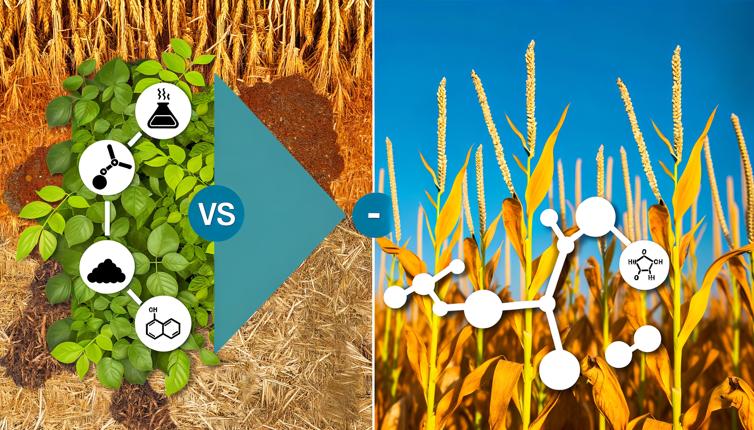Organic Fertilizers
Organic fertilizers are derived from natural sources such as compost, manure, and bone meal.,These fertilizers contain a wide range of nutrients, including nitrogen, phosphorus, and potassium.,One of the main advantages of organic fertilizers is that they release nutrients slowly, providing a steady supply to plants over time.,This slow-release nature also reduces the risk of nutrient runoff and leaching, which can contaminate water sources.,In addition, organic fertilizers improve soil health by increasing organic matter content and promoting beneficial soil organisms.,However, organic fertilizers can be more expensive and less convenient to use compared to synthetic fertilizers. They also contain lower nutrient concentrations, which may require larger quantities to achieve the same level of nutrient supply.
Synthetic Fertilizers
Synthetic fertilizers are manufactured using chemical processes and contain concentrated nutrients.,These fertilizers can be easily tailored to specific crop nutrient requirements and are readily available in the market.,One of the main advantages of synthetic fertilizers is their high nutrient content, which allows for precise nutrient application and reduces the amount of fertilizer needed.,However, synthetic fertilizers can have negative environmental impacts.,Excessive use of synthetic fertilizers can contribute to nutrient pollution, including nitrogen and phosphorus runoff, which can lead to water pollution and algal blooms.,Synthetic fertilizers can also degrade soil health over time, as they do not contribute to organic matter content or support beneficial soil organisms.,Furthermore, the production of synthetic fertilizers requires a significant amount of energy and contributes to greenhouse gas emissions.,To mitigate these environmental impacts, it is important to apply synthetic fertilizers judiciously and adopt best management practices.
Environmental Impact
The use of organic fertilizers has a lower environmental impact compared to synthetic fertilizers.,Organic fertilizers promote soil health and reduce the risk of nutrient runoff and leaching.,They also help build organic matter content in the soil, which improves soil structure, water retention, and nutrient cycling.,On the other hand, synthetic fertilizers have a higher environmental impact due to their potential for nutrient pollution and greenhouse gas emissions.,To mitigate these impacts, some farmers adopt sustainable practices such as precision nutrient management and the use of slow-release synthetic fertilizers.
Crop Health
Both organic and synthetic fertilizers can provide the necessary nutrients for crop growth.,However, the impact on crop health may vary.,Organic fertilizers improve soil health, which in turn promotes healthy root development and nutrient uptake.,They also enhance soil fertility and microbial activity, leading to improved crop vigor and pest resistance.,Synthetic fertilizers can deliver nutrients quickly and efficiently to plants, resulting in rapid growth and high yields.,However, overreliance on synthetic fertilizers can lead to imbalances in nutrient availability and nutrient interactions, which may negatively affect crop health in the long term.,To optimize crop health, a balanced approach that combines the benefits of both organic and synthetic fertilizers can be beneficial.
Conclusion
The choice between organic and synthetic fertilizers depends on various factors, including environmental considerations, crop nutrient requirements, and farming practices. While organic fertilizers have a lower environmental impact and promote soil health, synthetic fertilizers offer convenience and precise nutrient delivery. To achieve sustainable agriculture, it is important to adopt best management practices that minimize environmental impacts and optimize crop health. By integrating organic and synthetic fertilizers judiciously, farmers can strike a balance that promotes both productivity and environmental stewardship.









